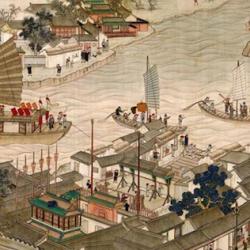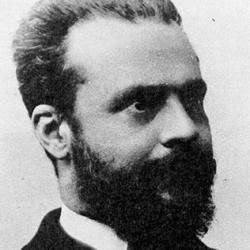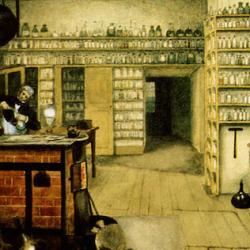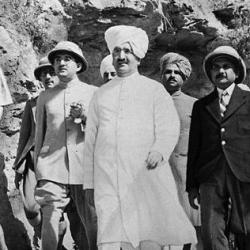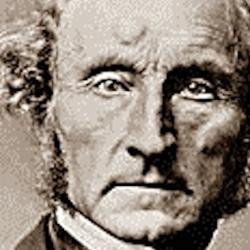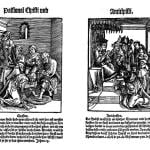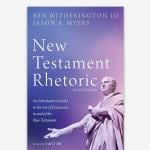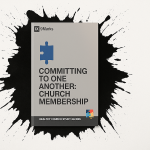At various points, 2 Chronicles indicates the month during which some event occurred. The dates tie the events to moments in Israel’s liturgical calendar. 2 Chronicles 5:3 is explicit. Solomon assembles “all the men of Israel” to Jerusalem “at the feast, that is the seventh month.” At the end of the temple dedication, on the twenty-third day of the seventh month, Solomon sent everyone back home (7:10). We’ll return to the question of which seventh-month feast is in view. Asa’s... Read more





